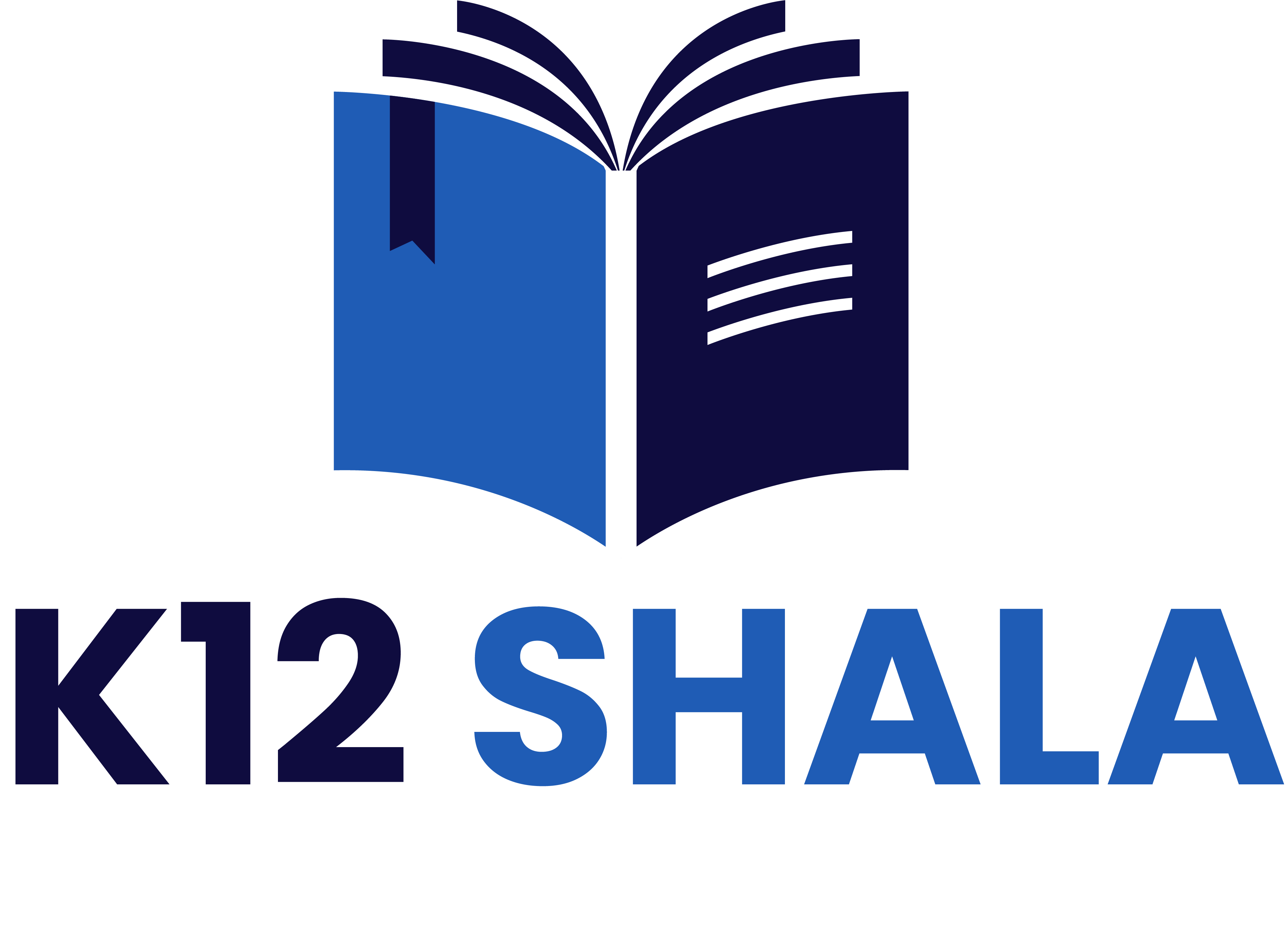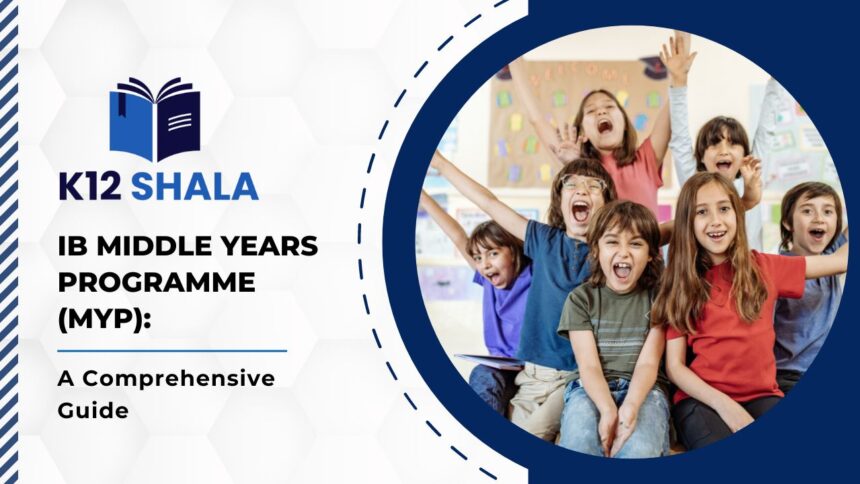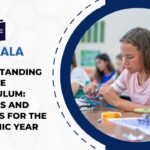Introduction to the IB Middle Years Programme (MYP)
Embarking on the journey of education is like setting sail on a ship towards limitless horizons. And when it comes to choosing the right educational framework, the International Baccalaureate (IB) Middle Years Programme (MYP) stands out as a beacon of holistic learning and growth. So, grab your compass because we’re about to navigate through the comprehensive guide to the IB MYP Curriculum!
Key Elements of the MYP Curriculum
The IB Middle Years Programme (MYP) is an educational framework designed to nurture students aged 11-16, focusing on holistic development. The key elements of the MYP curriculum are its interdisciplinary approach, encouraging connections between subjects to enhance understanding.
Students engage in inquiry-based learning, fostering critical thinking and problem-solving skills. Through a range of assessments, including projects and exams, students demonstrate their knowledge and skills across various disciplines.
Language acquisition plays a significant role in the MYP curriculum, emphasizing communication proficiency in multiple languages. Students also explore global contexts to develop intercultural awareness and empathy towards diverse perspectives.
Service learning is another essential component of the MYP, promoting community engagement and ethical responsibility. The MYP curriculum aims to cultivate well-rounded individuals prepared for success in further education and beyond.
Advantages of the MYP
Exploring the advantages of the IB MYP curriculum opens a world of opportunities for students. One significant advantage is its holistic approach, fostering critical thinking and creativity across subjects. This interdisciplinary focus encourages students to make connections between different areas of study, promoting a well-rounded education.
Moreover, the MYP emphasizes global-mindedness, instilling in students a deep appreciation for diverse perspectives and cultures. By engaging with international issues and developing intercultural understanding, students are better equipped to thrive in an increasingly interconnected world.
Furthermore, the emphasis on inquiry-based learning cultivates independent thinking skills and nurtures a love for lifelong learning. Students are encouraged to ask questions, seek answers through research, and develop their own conclusions—a vital skill set for success in higher education and beyond.
In addition to academic growth, the MYP also places importance on personal development by encouraging reflection and self-awareness. Students learn to set goals, manage time effectively, and take ownership of their learning journey—skills that will serve them well in future endeavors.
Challenges of Implementing the MYP
Embarking on the journey of implementing the IB Middle Years Programme (MYP) comes with its own set of challenges. One of the main hurdles schools face is aligning their existing curriculum with the MYP framework, ensuring a seamless integration without losing sight of their unique identity and teaching methods.
Training teachers to effectively deliver the MYP curriculum can be a time-consuming process. Educators need to not only understand but also embrace the philosophy behind the programme, adapting their pedagogical approaches accordingly.
Another challenge lies in assessing student learning in a holistic manner as advocated by the MYP. Moving away from traditional testing methods towards more authentic assessments like projects and presentations requires a shift in mindset for both educators and students alike.
Furthermore, creating interdisciplinary connections within subjects can be demanding, requiring careful planning and collaboration among different departments to ensure a cohesive learning experience for students.
Comparison with Other International Curriculums
When it comes to education, choosing the right curriculum is essential. The IB MYP stands out among other international curriculums for its holistic approach to learning. Unlike some traditional systems that focus solely on academics, the MYP emphasizes critical thinking, creativity, and personal development.
Compared to other programs like the AP or A-levels, the MYP places a strong emphasis on interdisciplinary learning. This means students make connections between different subjects and see how they relate in real-world contexts.
In contrast to national curriculums that may vary greatly from country to country, the MYP offers a standardized framework recognized worldwide. This consistency can be particularly beneficial for students who may move frequently or plan to study abroad.
While each curriculum has its strengths, what sets the IB MYP apart is its commitment to developing well-rounded individuals who are not only academically proficient but also socially aware and culturally sensitive.
Success Stories of Schools Offering MYP
Imagine a school where students are not just memorizing facts but engaging in real-world projects that challenge their critical thinking and problem-solving skills. This is the reality for many schools offering the IB Middle Years Programme (MYP).
In these schools, you’ll find students collaborating on interdisciplinary projects, exploring global issues, and developing a deep understanding of subjects beyond textbooks. Teachers become facilitators of learning, guiding students to think independently and creatively.
The success stories from schools implementing the MYP speak volumes about the program’s effectiveness. Graduates exhibit strong communication skills, cultural awareness, and a passion for lifelong learning. They are well-equipped to excel in higher education and make meaningful contributions to society.
Schools embracing the MYP philosophy see their students thriving academically and personally. The focus on holistic education nurtures well-rounded individuals who are prepared for an ever-changing world.
Tips and Resources for Students and Parents in the MYP
Navigating the IB Middle Years Programme (MYP) can be a challenging but rewarding experience for students and parents alike. To make the most of this educational journey, it’s essential to stay organized and proactive. One tip is to create a study schedule that allows for consistent progress on assignments and revision for assessments.
Additionally, utilizing resources such as online forums or study groups can provide valuable support and insights from peers facing similar challenges. Parents play a crucial role in supporting their child through the MYP by staying informed about curriculum requirements and deadlines.
Encouraging open communication with teachers and counselors can also help address any concerns or difficulties that may arise along the way. Don’t forget to prioritize self-care and balance amidst academic demands – taking breaks, staying active, and getting enough rest are all key components of success in the MYP.
Conclusion
The IB Middle Years Programme (MYP) offers a comprehensive and well-rounded educational experience for students. With its focus on holistic learning, critical thinking, and international-mindedness, the MYP equips students with the skills and knowledge they need to succeed in an increasingly globalized world. While there are challenges in implementing the MYP, the advantages far outweigh them.
For schools looking to provide a rigorous and enriching academic program, the MYP is an excellent choice. Students who graduate from schools offering the MYP often demonstrate strong academic performance, critical thinking abilities, and a deep understanding of global issues.
To excel in the IB MYP Curriculum, students should stay organized, manage their time effectively, seek help when needed, and take advantage of resources available to them. Parents can support their children by communicating with teachers regularly and encouraging a balance between academics and extracurricular activities.
The IB Middle Years Programme is a valuable educational pathway that prepares students for success in higher education and beyond. It fosters a love of learning, cultural awareness, and critical thinking skills that will serve students well throughout their lives.










